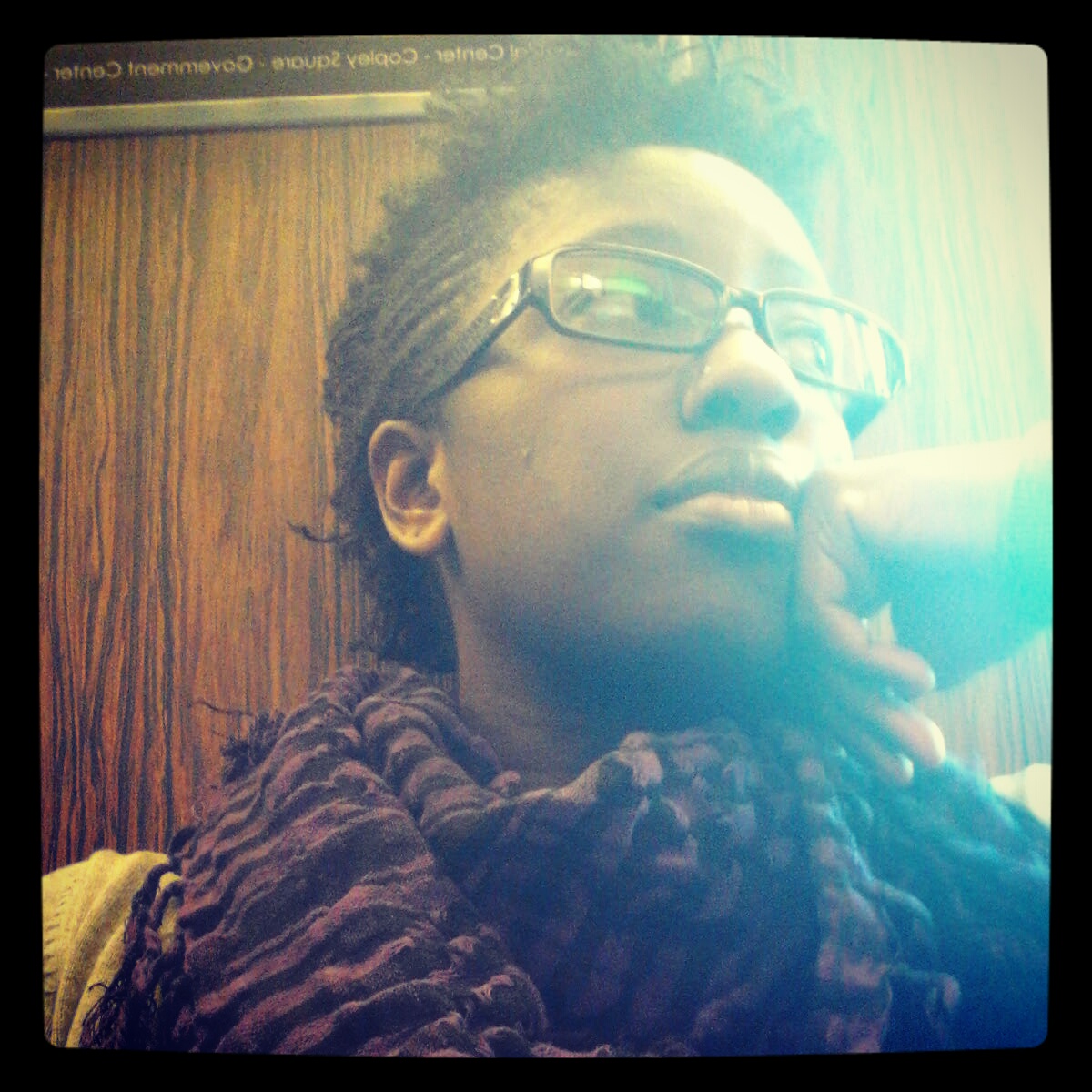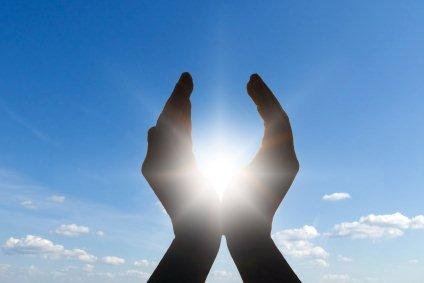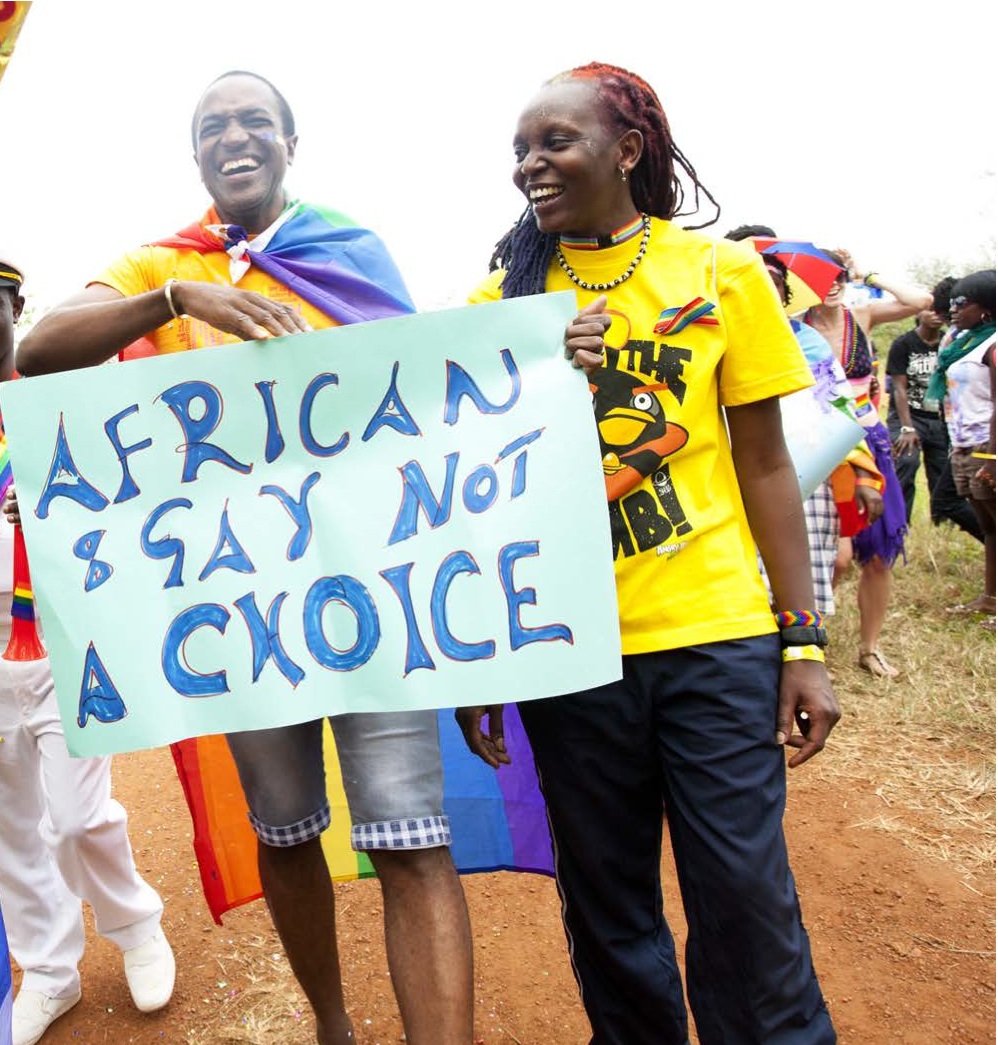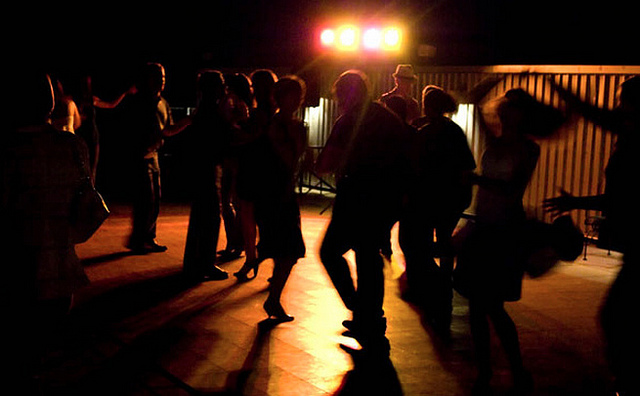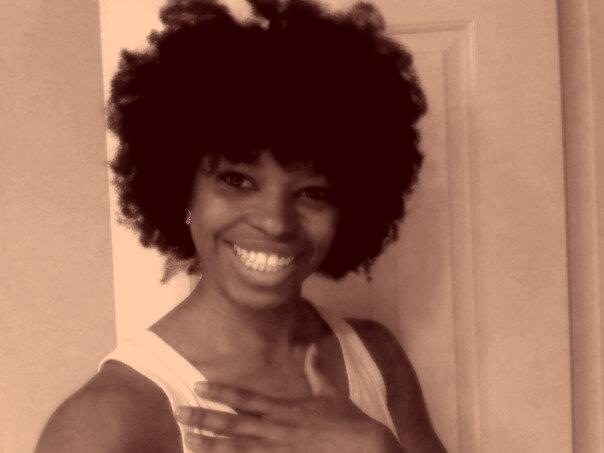I didn't sign into Facebook that morning. I knew what I'd see; a timeline of status updates and cropped purple photos for Spirit Day; a timely performance of empathy. I knew, too, that my Facebook feed, practically segmented into Lists, including one for "Nigerian", "College" and "Queer" would vary in…
-
-
Response to “An End to Self Care”: How About “An End to the Activist Martyr Complex?”
An articled called, "An End to Self Care" was recently published, in which an activist proposed bringing an end to all the individualism behind "self-care" and, instead, called for sustainable community care. His piece (and some of its praise) reminded me why I've made it a point to stay away…
-
Afrofeminism - Blog - Gender and LGBT Issues - International Development - LGBT Africa - Movement-Building - Philanthropy - The Political, Personalized - Thought Leadership
Celebrate LGBTI Africa’s Pride Everyday (and Everywhere, Not Just Uganda)
I have witnessed the daily grind of empowerment of black South African lesbians, watched them sink and wade through the cultural stigma that surrounds them like a mist, clouding the world’s perception of their lives as ordinarily human. Thus, I have come to re-affirm my belief that we must also…
-
Afrofeminism - Blog - Gender and LGBT Issues - Love and Afrofeminism - Special Series - The Political, Personalized - Writing and Guest Blogging
Love and Afrofeminism: Queer Bois and the Gendered Politics of Partner Dancing
Second post for my Love and Afrofeminism series for BITCH Magazine: "That my girl could mindlessly shimmy onto a dance floor even as a gay woman and enjoy the simple pleasure of a dance, go out with her straight friends to bars and not be stared at or called names,…
-
Blog - Gender and LGBT Issues - Guest Posts - Love Is My Revolution - Special Series - The Political, Personalized
Lessons Learned from a Straight African Woman: Homophobia is UnChristian
Love Is My Revolution: A few weeks ago, I shared a short photo essay about my best friend, ChiChi. We'd been estranged for four years due to my sexuality and her Christian faith. Recently, we reunited to find our friendship changed for the better. Given the ongoing battle between religion…
Online rulet oyunları gerçek zamanlı oynanır ve online slot casino bu deneyimi canlı yayınlarla destekler.
İnternet üzerinden eğlence bahsegel giriş arayanlar için deneyimi vazgeçilmezdir.
Kullanıcıların hesaplarına hızlı ve sorunsuz bettilt ulaşabilmesi için adresi her zaman güncel tutuluyor.
